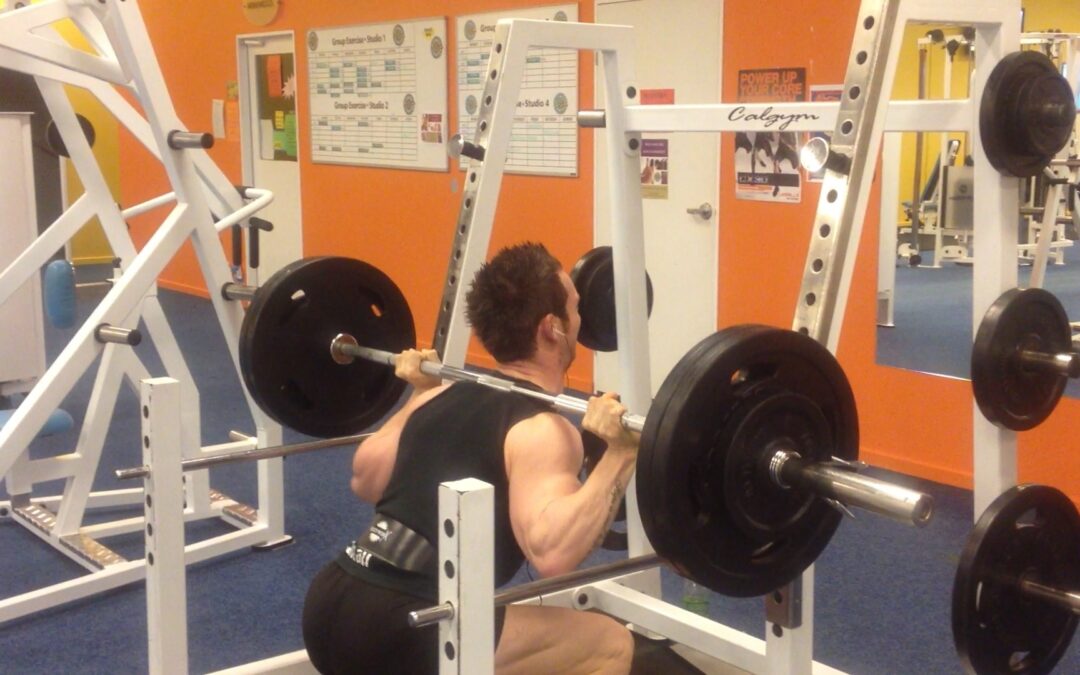We’re all aware of the numerous physical health benefits of regular exercise, but what other benefits are there?
Well, you don’t have to look far to find mountains of good quality research linking physical exercise with improved mental health – in particular, alleviating depression and anxiety. Depression is a very common illness, effecting around 1 in 8 Australians at any time, with women more commonly impacted than men. Chances are, you may have even suffered depression yourself, if not, it’s highly likely you know someone who has, or does.
So just what is the role of exercise? After recently reviewing many randomised-controlled trials (the gold standard in terms of research), the American Psychiatric Association recently updated its ‘Guidelines for treatment of Major Depressive Disorders’ to include the encouragement and promotion of regular exercise, having found significant improvements in patients depressive symptoms which could be partly attributed to regular exercise. Resistance training, whether it be with weights, body weight, or really any form of exercise needing a moderate or greater amount of effort seemed to be the most effective.
It’s long been recognised that regular exercise has many benefits in depression, however it’s only been in more recent times that exercise is being introduced as a core ingredient of an overall ‘treatment plan’. In-fact, counselling or talking therapy and exercise alone will often be sufficient treatment for milder cases of depression, and in cases where medication is required, exercise has an amplifying effect – meaning exercise improves how the antidepressant medication works!
So how does it work? There are a few things that explain why exercise is effective in alleviating depressive symptoms.
 Firstly, intense exercise induces many physiological responses – one of which is the release of compounds called beta-endorphin, serotonin, dopamine, and noradrenaline (amongst others). These compounds have a ‘mood boosting’ effect, and help dampen down our stress levels. The significant release of these chemical messengers during exercise partly explains the ‘high’ that can be felt after an intense exercise session.
Firstly, intense exercise induces many physiological responses – one of which is the release of compounds called beta-endorphin, serotonin, dopamine, and noradrenaline (amongst others). These compounds have a ‘mood boosting’ effect, and help dampen down our stress levels. The significant release of these chemical messengers during exercise partly explains the ‘high’ that can be felt after an intense exercise session.
Exercise also improves connections in the brain, helping ‘messages’ move better through the brain, and this is related to some of the symptoms of more marked depression – such as low energy, poor memory and concentration, and lack of motivation. Related to this, exercise over the longer term assists the brain to better produce a substance called Brain-derived neurotrophic factor (BDNF) which has a key role in growing, and maintaining the health of nerve cells.
Lastly, following a structured exercise program generally requires you to commit to a certain number of sessions or activities each week, and this involves getting organised for, attending your session, and completing it. Another common feature of depression is a tendency to ‘withdraw’, that meaning, people often won’t feel like leaving their house, and won’t feel like being around others. Despite feeling like this, getting out and about is one of the best things that can be done, so committing to a regular exercise program is a great way to ensure you get out of the house and don’t shy away from the world.
As for how much is enough? Well, you don’t have to go from nothing to everything! Striving to improve your activity levels, setting small, realistic, attainable and measurable goals, and working towards achieving those goals is a vital step in recovery. If you find you’re struggling to commit – find a friend or family member and make a “pact” with each other to get moving – you’ll feel all the better for it! 
Doug will be working with the Bellarine Sports Medicine Team as of May. If you have any questions for Doug you can email him at [email protected] or call the centre and we can pass them on for you!
